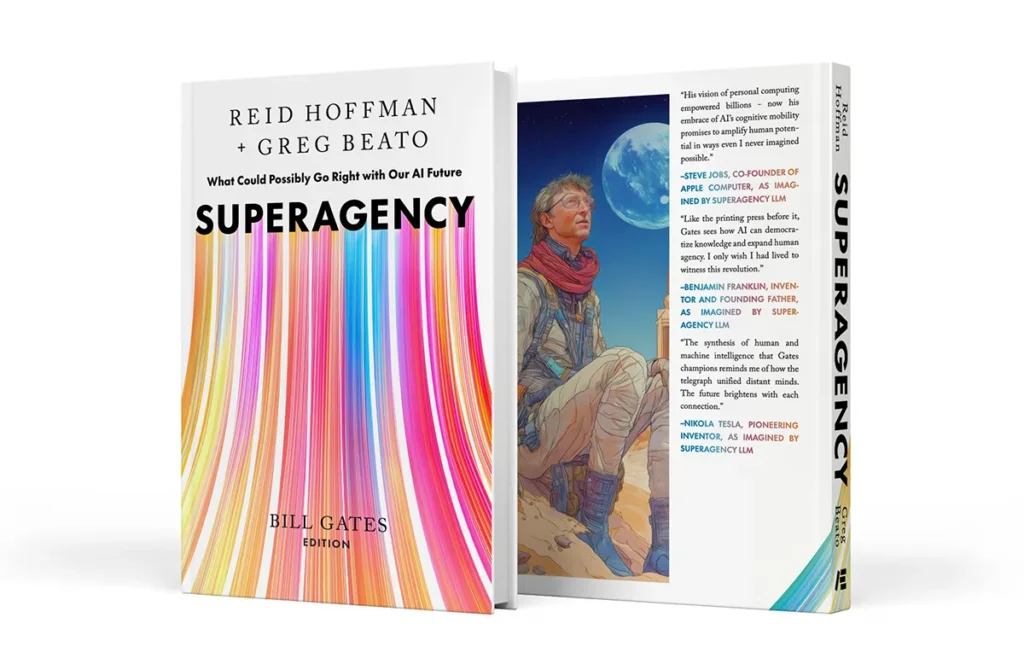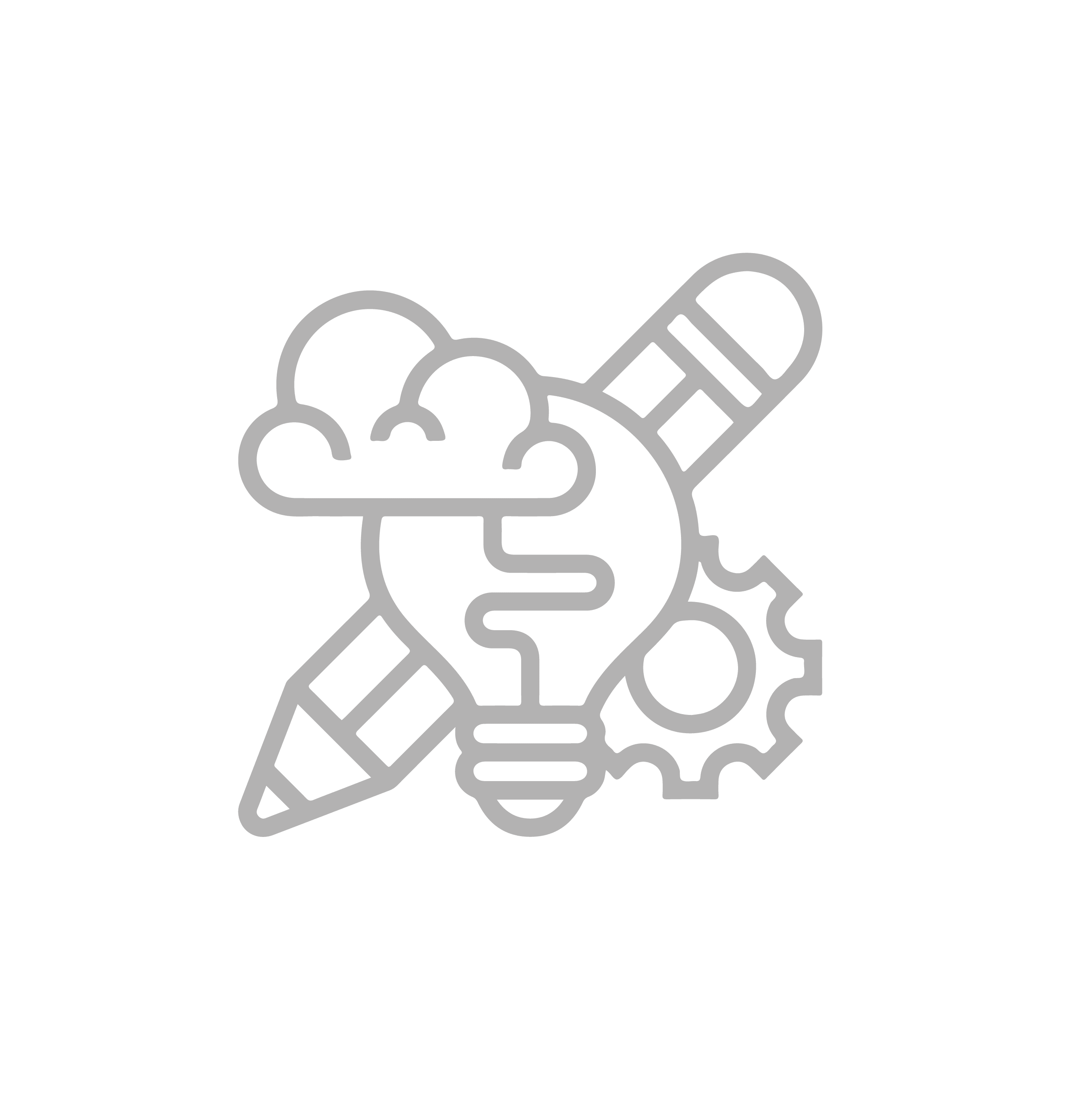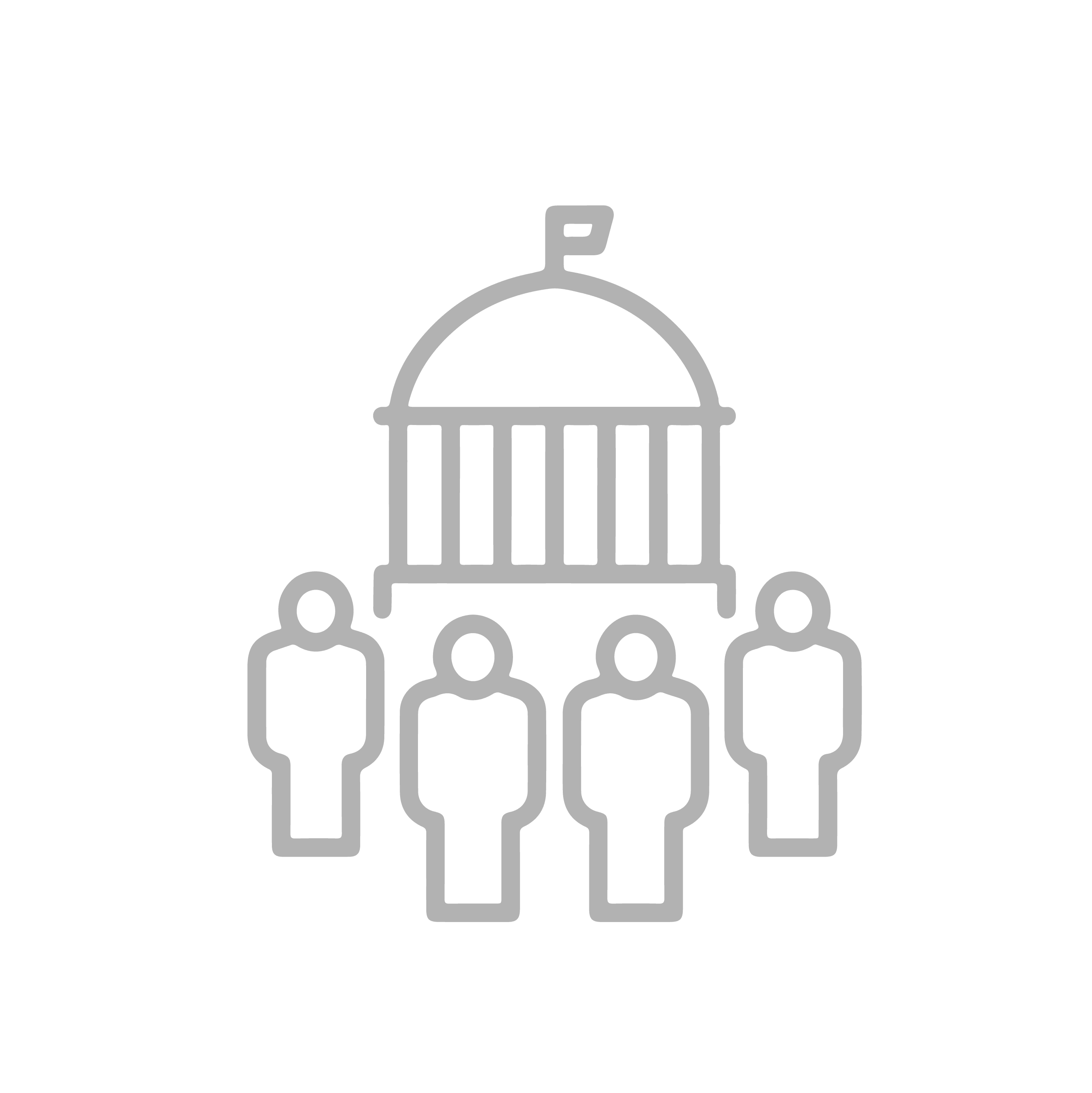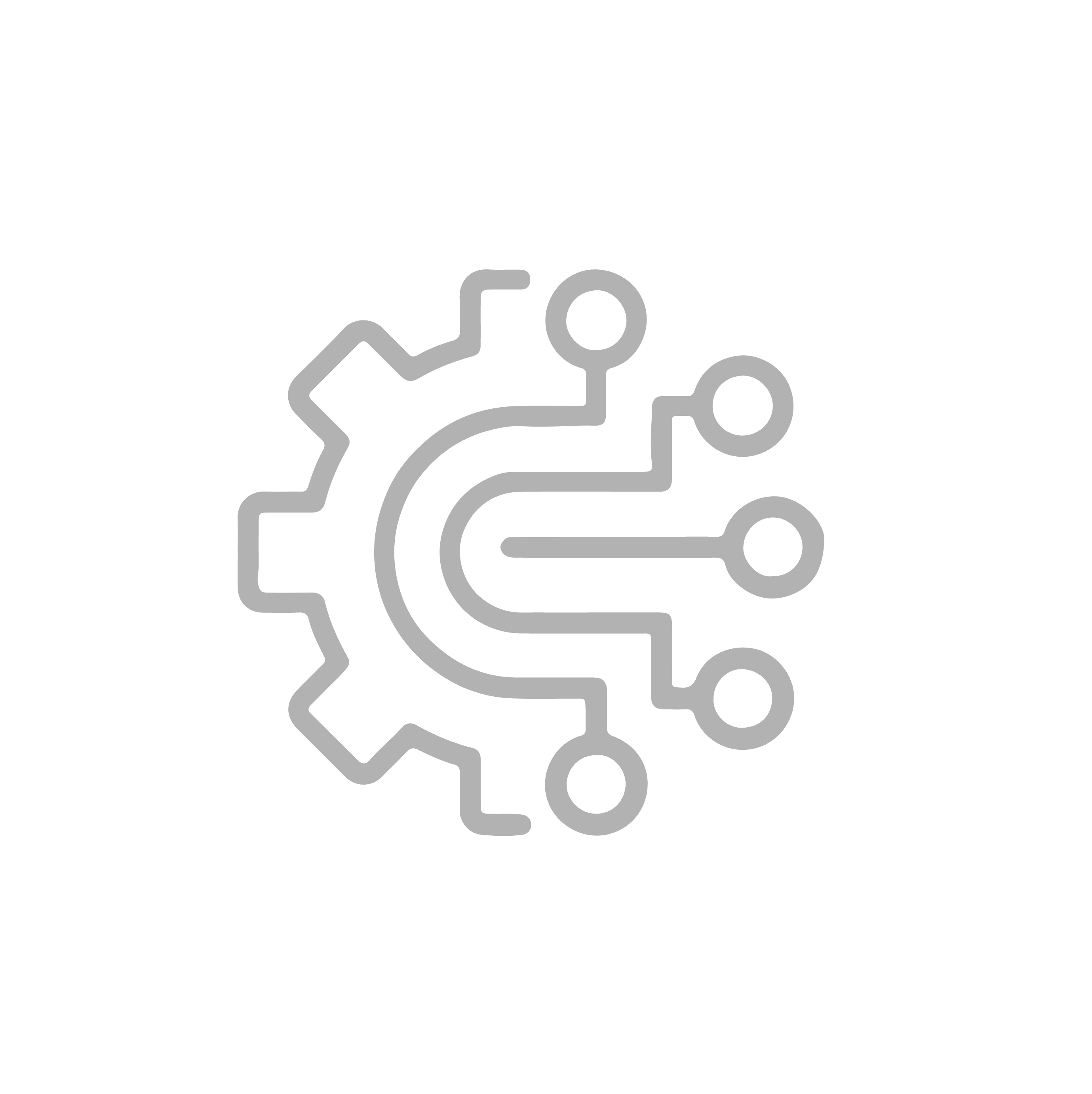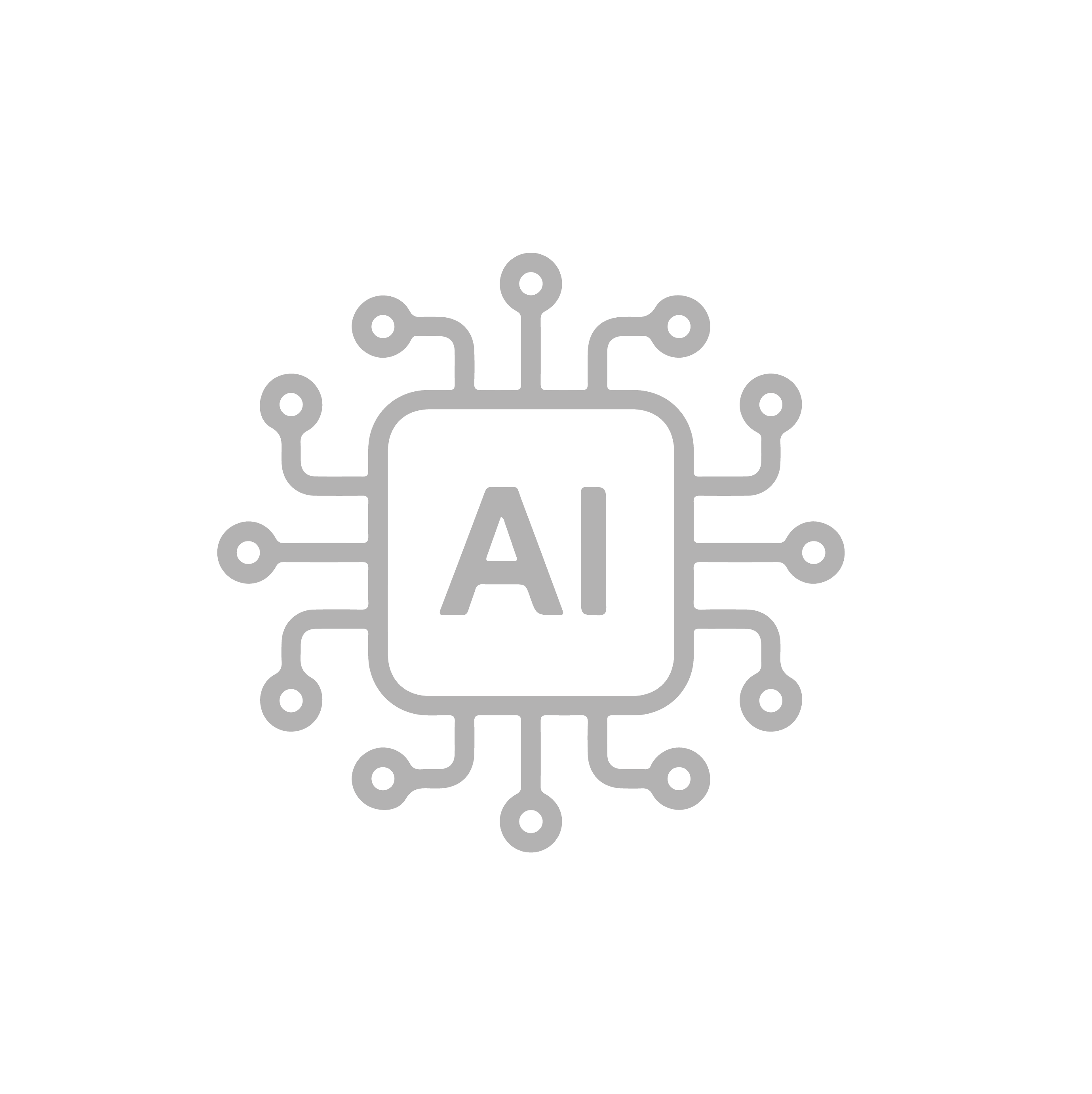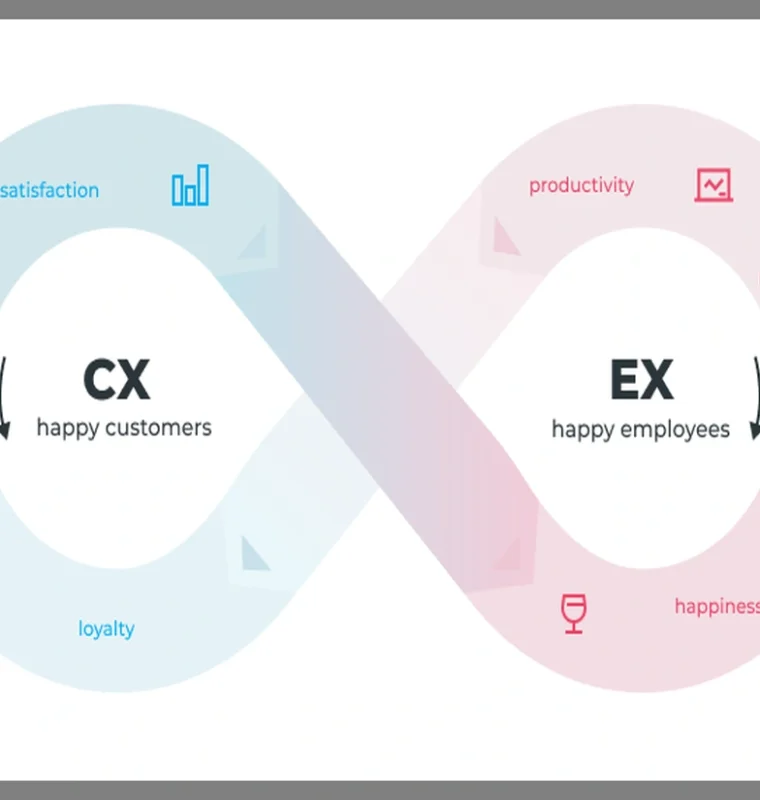At Impact Associates, we believe in actively shaping the future. That’s why we’re exploring Reid Hoffman and Greg Beato’s “Superagency” (2025), a book that presents an optimistic vision of artificial intelligence. It argues that AI isn’t a threat, but a strategic partner that can dramatically amplify human potential, leading to unprecedented advancements in education, healthcare, and governance. For our global readership, especially in the Arab world, “Superagency” offers a vital perspective on how AI can drive positive societal transformation.
The Vision of “Superagency”: Amplifying Human Potential
Overcoming Age-Old Fears
Throughout history, transformative technologies—from the printing press to the telephone—have been met with fear and skepticism about societal collapse or the erosion of human connection. Today, AI faces similar anxieties regarding job displacement, privacy concerns, and an over-reliance on machines, leading to fundamental questions about human agency and control.
However, “Superagency” challenges this skepticism, inviting us to consider an optimistic alternative: what if AI could make us mightier? Just as the Industrial Revolution amplified physical capabilities, AI has the potential to expand human intelligence and decision-making. The book introduces “superagency” as an unprecedented expansion of individual human capability, imagining a future where personalized AI tutors or health advisors are readily accessible to everyone, fundamentally enhancing human potential.
The Quest: AI’s Transformative Applications
The journey toward “superagency” involves navigating complexities, but the profound rewards make it worthwhile.
Democratizing Mental Healthcare
The book highlights the urgent mental health crisis, citing alarming statistics like the high suicide rate in the U.S. and the severe shortage of mental health professionals. Traditional solutions are proving inadequate. “Superagency” posits that AI can revolutionize mental healthcare, making it as accessible and personalized as modern streaming services.
Imagine AI systems analyzing vast amounts of therapy data to identify effective approaches, engaging in nuanced conversations, and adapting to individual needs. A 2023 JAMA Internal Medicine study found that physicians rated AI-generated medical advice as more comprehensive and empathetic than human doctor responses in nearly 79% of cases. This isn’t about replacing human therapists, but about expanding access to care, providing immediate support, and empowering human practitioners to serve more patients, leading to abundant mental healthcare for all.
Embracing Permissionless Innovation
“Superagency” draws a compelling parallel between AI development and the early days of the automobile. Despite initial fears and accidents, continuous experimentation and real-world testing led to dramatic improvements in car safety and reliability, ultimately realizing their revolutionary potential. This “permissionless innovation”—allowing technologies to evolve through rapid iteration—is key for AI.
Modern software allows for instant data collection and rapid updates, creating tight feedback loops. Millions of daily AI users provide invaluable insights into real-world interactions, unexpected applications, and challenges. This iterative deployment—launching, learning, and improving—is presented as the optimal path for AI’s evolution.
Guiding Progress with Thoughtful Guardrails
While advocating for innovation, “Superagency” emphasizes the need for thoughtful “guardrails,” much like the regulations and infrastructure (e.g., speed limits, licensing, the Interstate Highway System) that made automobile travel safer and more accessible. Similarly, AI’s potential to expand individual capabilities requires new frameworks.
The book suggests AI licensing to ensure safe access and prevent misuse, chains of data provenance to combat deep fakes, and identity verification systems to prevent impersonation and fraud. These frameworks build trust and encourage adoption. South Korea’s COVID response, which used AI-powered contact tracing with transparency to enhance individual freedom, serves as an example of how carefully designed systems can make powerful tools safely accessible.
AI as Navigation for the Information Age
The evolution of GPS, from military use to widespread consumer accessibility, provides another parallel for AI’s democratizing path. While GPS navigates physical space, AI helps people traverse complex information landscapes. Examples include AI converting textbooks into accessible audio for students with dyslexia or explaining intimidating legal notices to recent immigrants in their native language.
AI’s ability to respond to user guidance and correction allows for tailored interactions. A study showed customer service representatives using AI assistance experienced a 14% jump in productivity, with the most significant improvements seen in newer employees who gained access to expert knowledge on demand. AI acts as an instantly accessible, patient, 24/7 personal mentor. The key is user direction—guiding AI to present information in ways that align with individual learning styles, cultural backgrounds, and interests.
Upgrading Democracy
The book notes the shift from a bipolar (US-China) to a multipolar AI landscape, as nations recognize AI’s crucial role in prosperity and autonomy. This has led to “sovereign AI”—the idea that countries must control their AI development to preserve strategic interests and cultural identity, as exemplified by Singapore’s national AI strategy reflecting regional values and France’s investment in “AI champions.”
This transformation also redefines public services. South Korea’s consolidation of 1,500 public services into a single AI-powered portal, proactively notifying citizens of eligible benefits, illustrates the vision of seamless government services. In Taiwan, the AI-powered Polis platform enhanced civic participation by identifying consensus areas in contentious debates and fostering agreement, pointing to AI as a tool to amplify citizens’ voices and strengthen democratic institutions.
The Resolution: Embracing “Superagency”
“Superagency” by Reid Hoffman and Greg Beato concludes that artificial intelligence is not merely a technology to fear, but potentially humanity’s greatest tool for expanding individual capability. By democratizing mental healthcare and education, and enhancing civic participation, AI can create “superagency”—a dramatic amplification of human potential.
Just as past technologies like books, automobiles, and GPS became essential despite initial anxieties, careful innovation, rather than fear-based restriction, is the path to harnessing AI’s transformative power while effectively managing its risks.
Why This Book Matters to You
“Superagency” provides a critical framework for navigating the AI revolution. For consultants, it offers a blueprint for advising clients on responsible AI adoption and leveraging its competitive advantages. For leaders, it guides innovation while establishing necessary safeguards.
For our reader, the book resonates deeply. As nations in the Arab world rapidly advance their technological infrastructures and embrace digital transformation, “Superagency’s insights can inform national AI strategies, promote localized development reflecting cultural values, and guide the implementation of AI-powered public services that enhance citizens’ lives. It champions a future where technology empowers individuals, fosters societal well-being, and strengthens governance—a future we at Impact Associates are committed to helping build.


